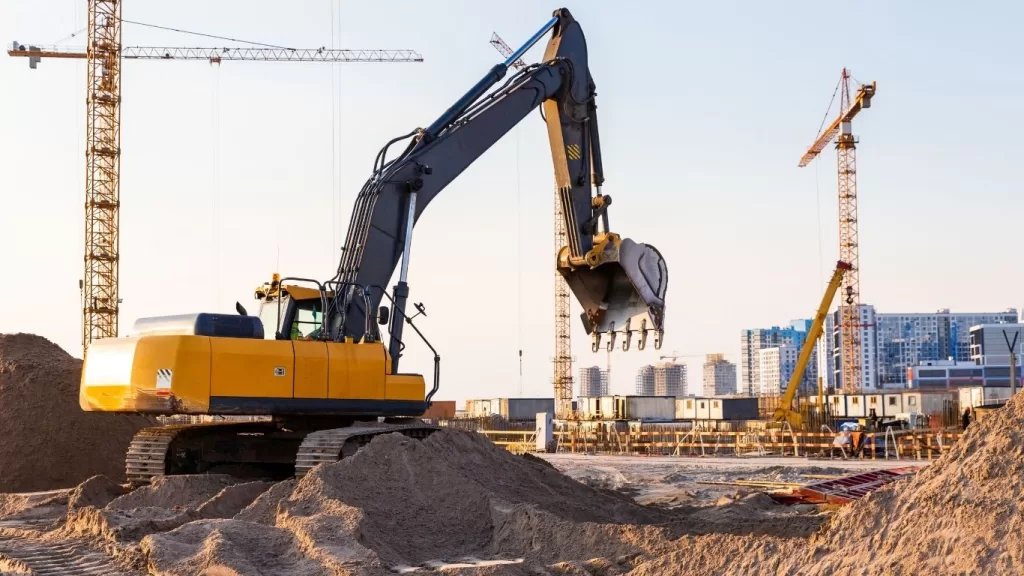In this article, we provide a comprehensive guide for individuals contemplating investments in U.S. residential properties and aspiring to become landlords. The article is authored by a seasoned Chinese real estate expert based in Houston, offering invaluable insights into the critical factors to consider before embarking on a journey into the world of residential real estate investment.
Property Affordability and Appreciation Potential
Real estate has always been a favored investment avenue, renowned for its ability to act as a hedge against inflation. Within real estate, residential investment, where you lease properties for long-term returns, is a common strategy. Residential investments are relatively straightforward, involving renting properties to tenants and collecting rent. Are you intrigued by the prospect of becoming a landlord in the United States?
Firstly, property affordability and appreciation potential are paramount. Major metropolitan areas such as New York and Los Angeles have witnessed a surge in property prices due to a population influx. While rental income was once a steady source of profit, the significant increase in property prices in these urban centers has left most landlords struggling to cover expenses. The key consideration now is property appreciation. In Texas, specifically Houston, property prices remain within the range of secondary cities and offer substantial appreciation potential. This allows investors to cover annual property costs, generate cash flow, and benefit from property appreciation—a favorable scenario indeed!

Property Costs and Associated Expenses
Becoming a landlord with multiple properties is an appealing prospect, but it comes with responsibilities such as maintenance, repairs, and associated costs for each property. In residential real estate, landlords are typically responsible for addressing any natural damages within the property, such as plumbing issues or roof leaks, in addition to annual expenses like property taxes, homeowners’ insurance, and HOA fees.
These expenses may fluctuate and are sometimes beyond your control. Consider homeowners’ insurance, for instance. If your property is situated in an area prone to wind and rain, your mortgage lender may require you to purchase homeowners’ insurance. Recent natural disasters have led to higher insurance premiums, making it challenging to fully recoup these costs through rent. Consequently, estimating the overall return on investment can be a complex endeavor and often becomes evident only upon property sale.

Why Texas Is Ideal for U.S. Residential Real Estate Investment
Houston, Texas, offers a robust market for residential real estate and serves as a relatively accessible investment option. Property prices in Houston are notably more reasonable compared to major coastal cities. Here’s why Texas stands out:
a. Business Incentives Driving Population Growth
Texas has been proactive in attracting businesses and investments through incentives and measures. Initiatives like the Texas Enterprise Fund and corporate property tax exemptions have created jobs and attracted professionals from other states, fostering economic growth.
b. No State Income Tax in Texas
In the realm of income taxation, there are two crucial facets: federal income tax, which is a nationwide obligation, and state income tax, which varies from one state to another. To illustrate, if you were a resident of New York, your state income tax rate could fall between 10% and 12%, whereas in California, it could soar to a staggering 13%.
Now, here’s where Texas sets itself apart. Living in the great state of Texas means you are exempt from state income tax altogether. This financial advantage has been a pivotal driver behind the substantial migration of individuals to Texas, consistently ranking it among the top states for population influx in recent years, which underscores why Texas is the go-to destination for residential real estate investors.
c. Continuous Public Investment
Fueled by the bountiful oil reserves, the
Texas has leveraged its abundant oil reserves to fuel a continuous and strategic investment in public infrastructure. This astute allocation of resources has yielded a steady stream of development and expansion, ensuring the state’s growth potential remains strong.

In conclusion, the current real estate market offers opportunities for savvy investors, particularly in Texas. As a real estate expert, I hope to encourage you to explore the possibilities in the Texas real estate market. If you’re interested in settling down or investing in residential real estate in Houston, Texas, feel free to visit our offices in Katy Asian Town and Chinatown or reach out to us online!




